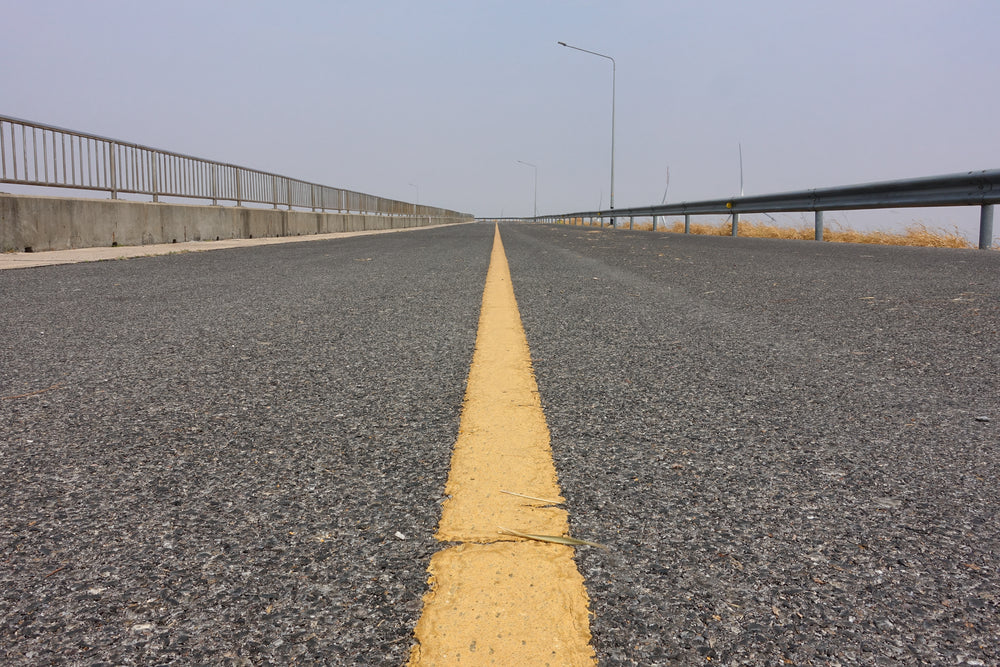Your Cart is Empty
After several months of taking the pro-lockdown stance as a means of controlling the Covid-19 pandemic, the World Health Organization is now encouraging communities and governments to do otherwise.
As late as July, the WHO was still telling people that“total lockdown”was necessary for certain places to minimize and restrict infection spread.
At that point, the WHO warned governments to only emerge from lockdowns very “slowly”, while stressing each country answer “the fundamental question” of how and when it’ll be planning the next lockdown.
But now, after months of more crippling experiences the world over, the WHO has taken a U-turn on this position.
The agency is now warning people about the negative economic impact of strict lockdowns that have ended up damaging livelihoods and businesses across many cities, states, and countries.
In a recent interview, Dr. David Nobarro, the WHO’s “Special Envoy” on Covid-19, said,
“We in the World Health Organization do not advocate lockdowns as theprimary means of control of this virus.”
Novarro then went on to explain under what circumstances a lockdown could be applicable and why. He said,
“The only time we believe a lockdown is justified is to buy you time to reorganize, regroup, rebalance your resources, protect your health workers who are exhausted, but by and large, we’d rather not do it.”
In early October, Novarro tweeted,
“Too many restrictions damage people’s livelihoods and provoke resentment. But letting ‘Virus run wild’ will lead to lots of deaths as well as debilitating long-COVID among younger people.
A middle path is needed…”
So how exactly is the WHO suggesting we control infection spread? What is this middle path?
The agency insists we target taking the same measures that have been proven to work many times over, both, scientifically and socially —mask-wearing and social distancing.
